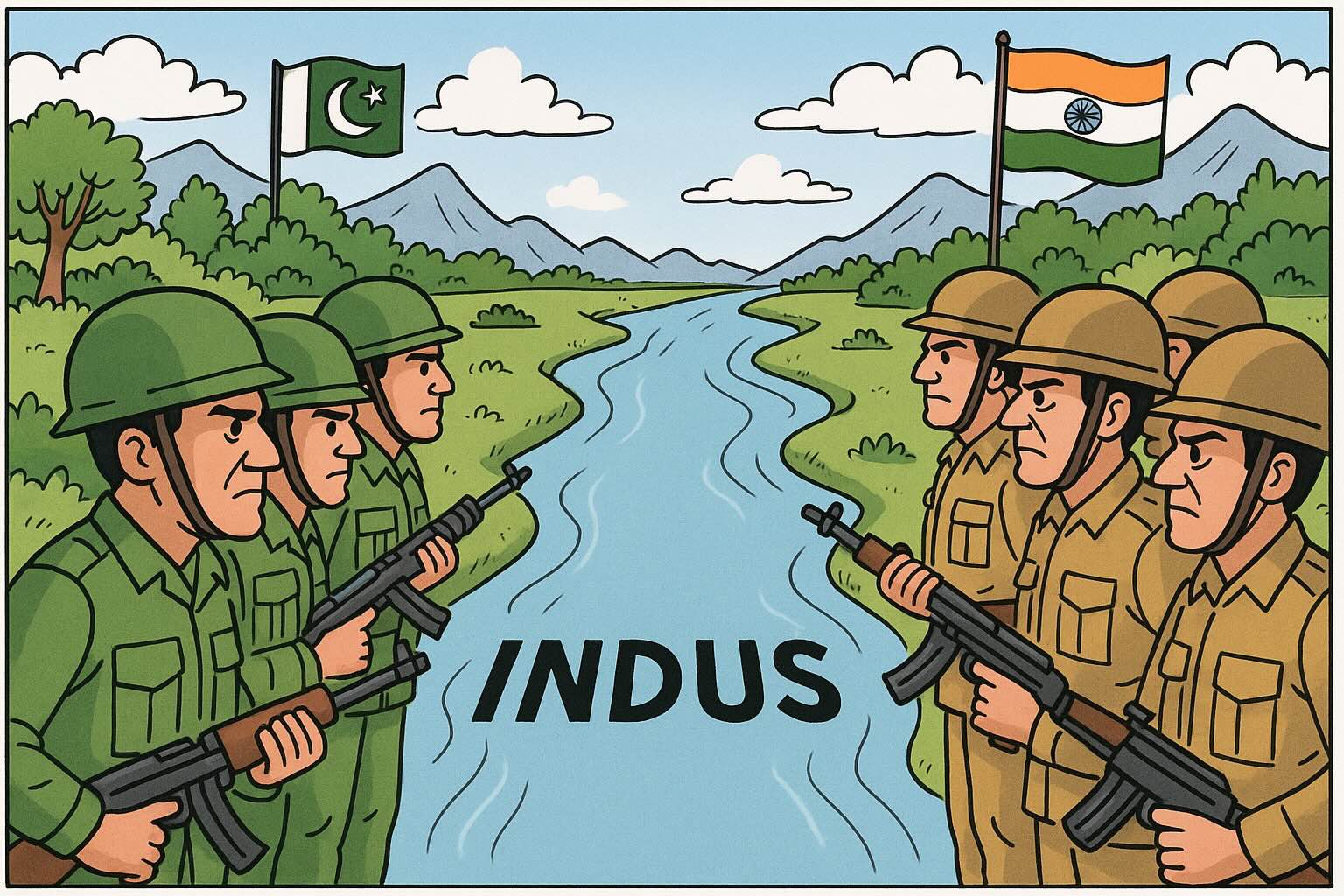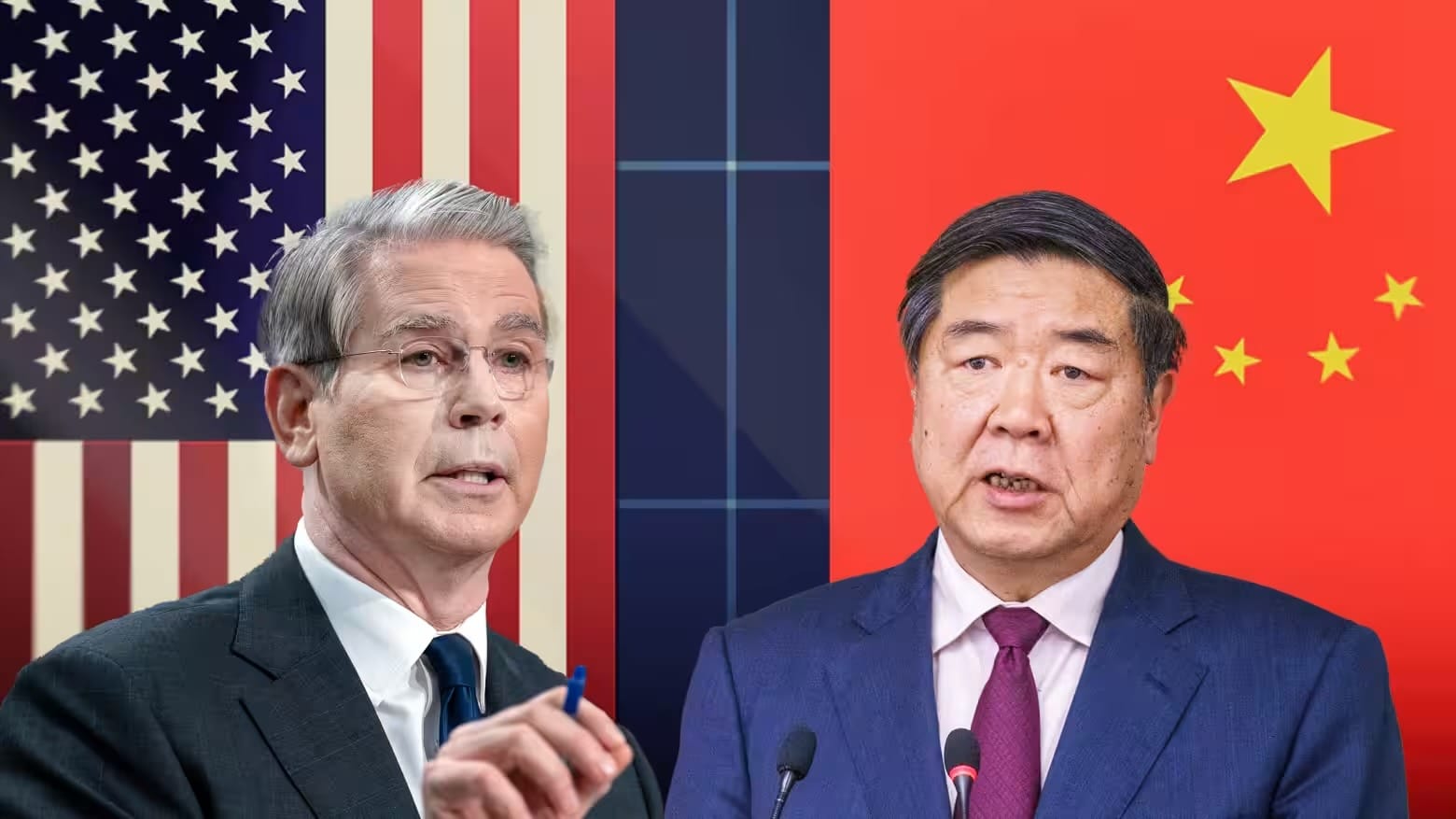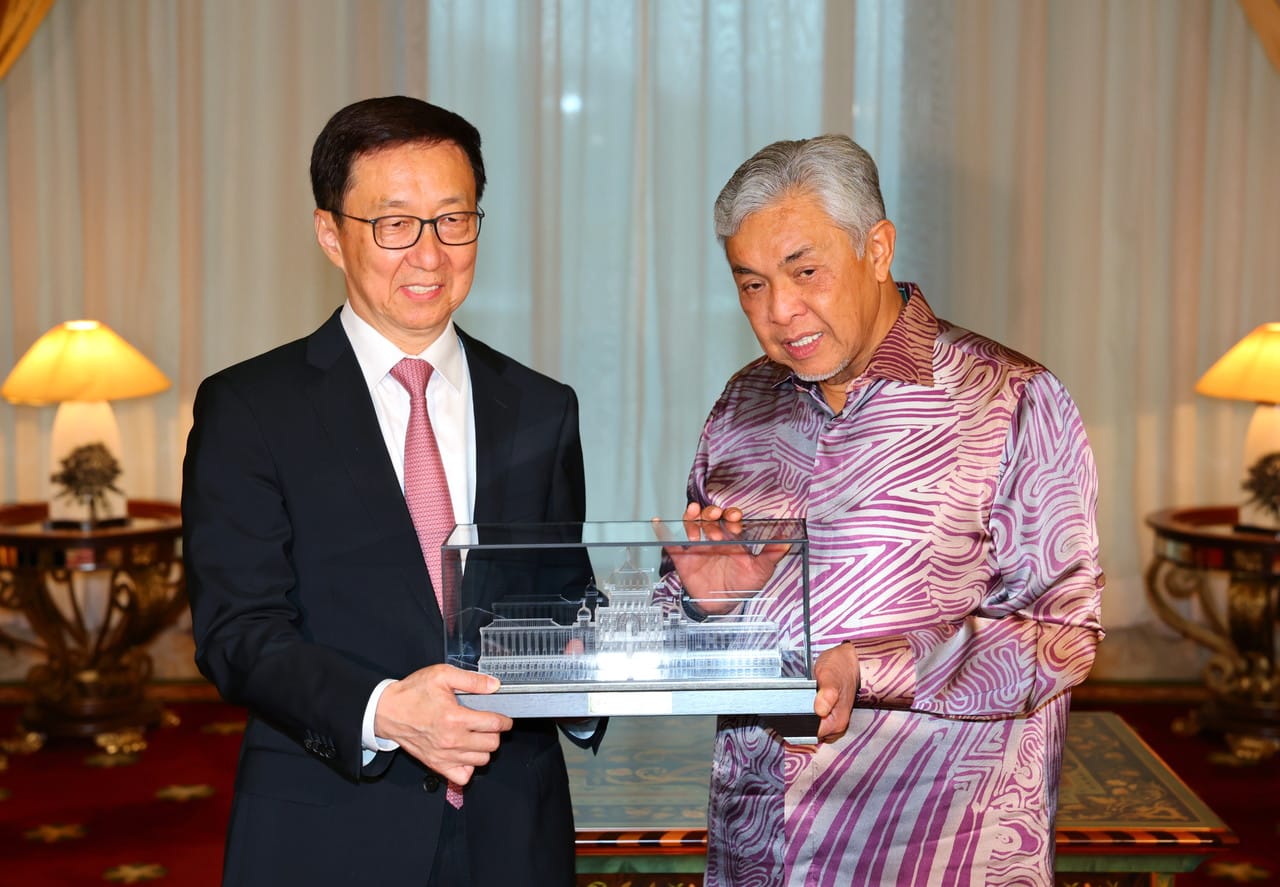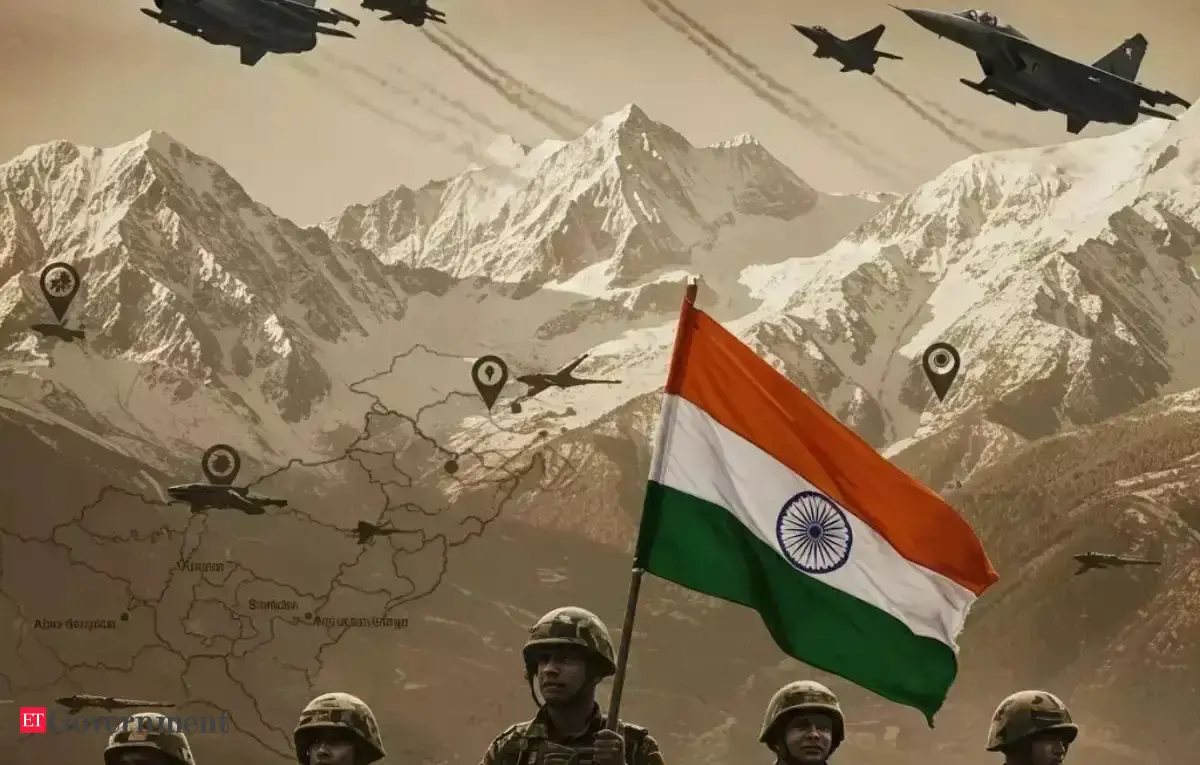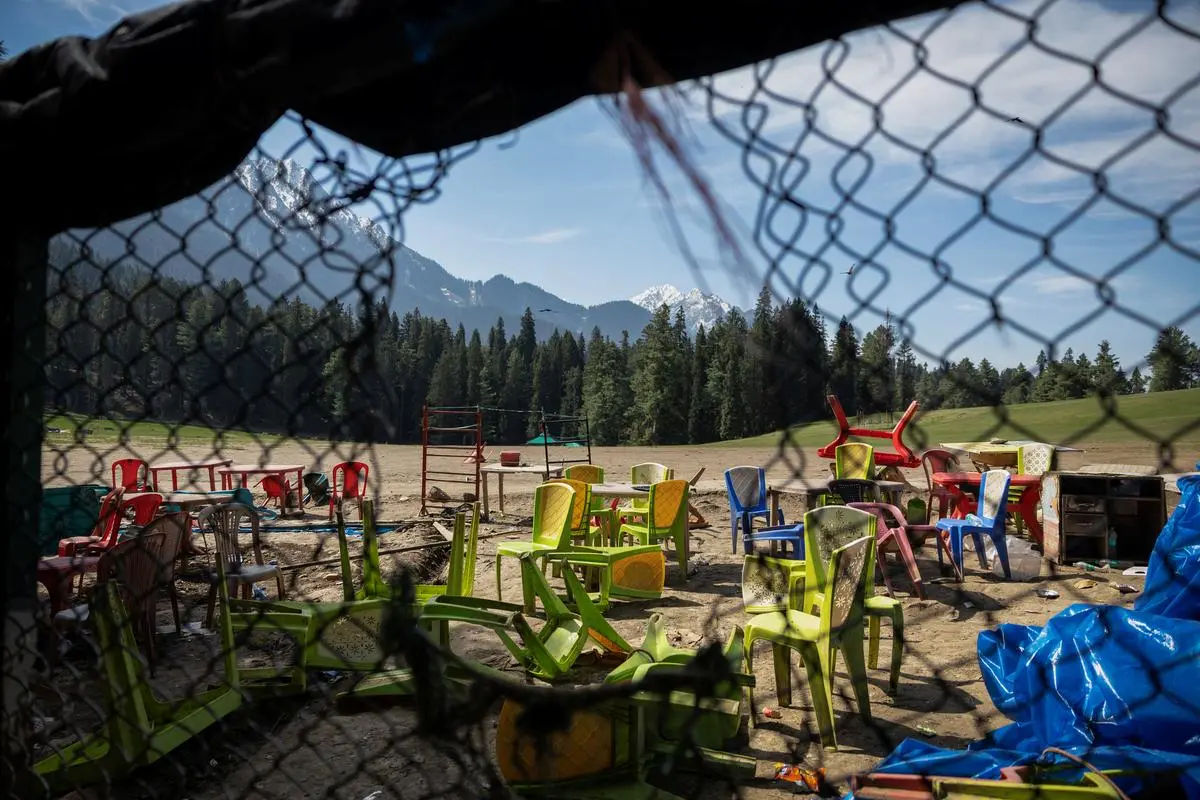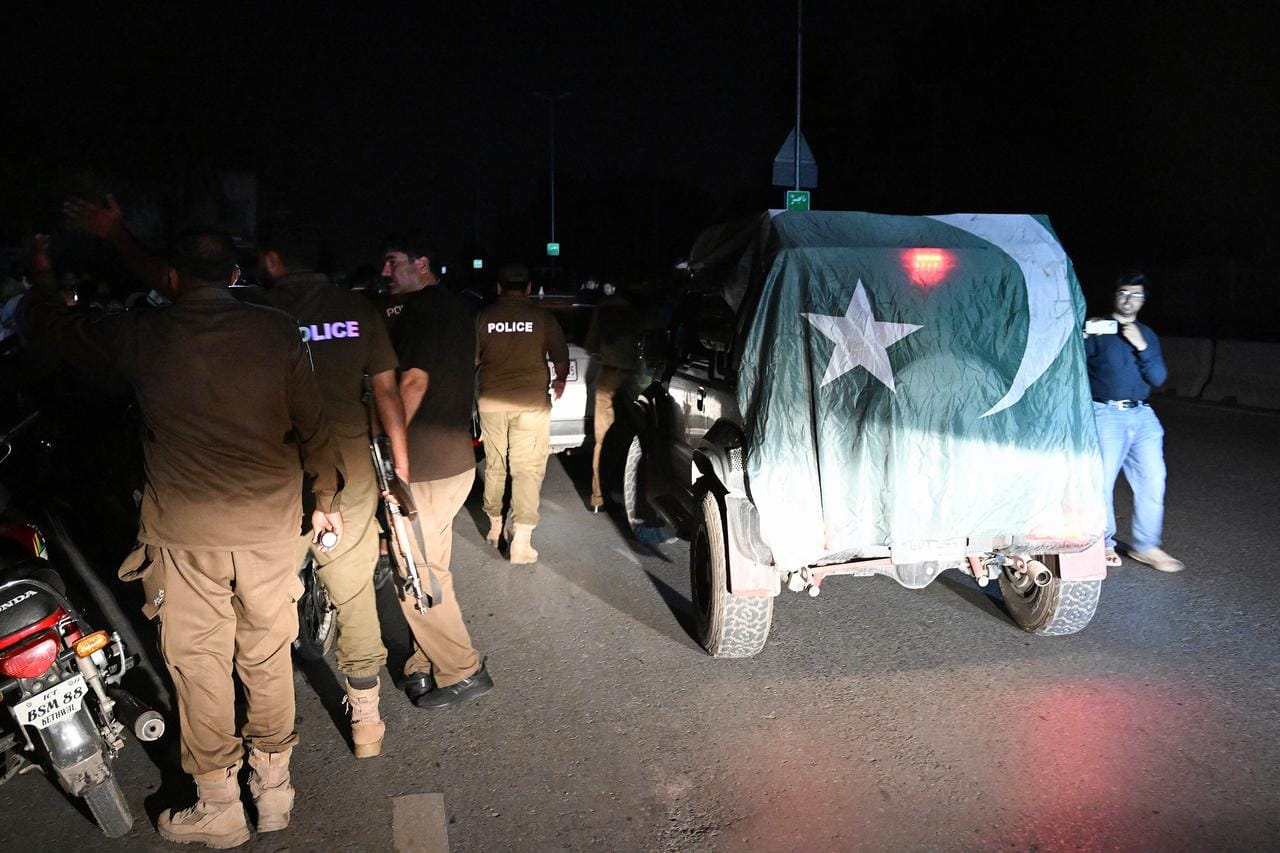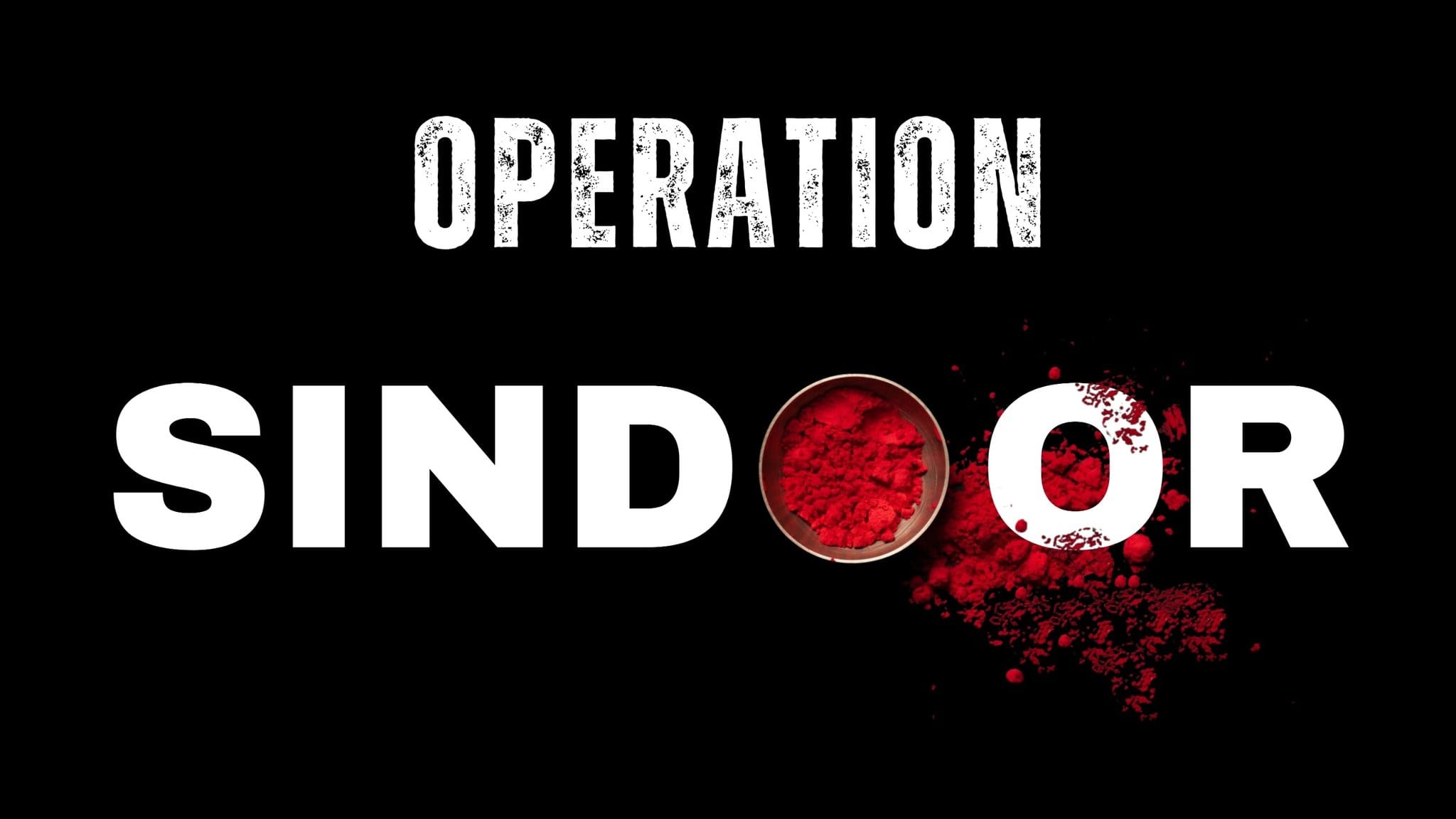Since its inception, the term “Atmanirbhar Bharat” that literally translates to Self-Reliant India has increasingly become the symbol of India’s growing economic self-sufficiency, manufacturing prowess and holistic national development and India’s defence manufacturing sector has been pioneering the actualisation of the vision like no other. With indigenous defence production skyrocketing to record high of ₹ 23,622 crore in 2024-25, that marks a growth of 12.04% over 2023-24, India’s defence ecosystem stands as testament to the remarkable shift that the industry has undergone from heavy dependence in the post-independence era to a growing indigenous industrial base, in recent years.
Archives
Post-Pahalgam: Rethinking the Indus Waters Treaty amid Climate Pressures
Pahalgam attack in Kashmir has once again brought the India-Pakistan relationship into sharp focus. In the aftermath of such violent incidents, there is often a renewed scrutiny of the strategic levers both states hold over each other. One such lever—frequently invoked in times of heightened tensions—is the Indus Waters Treaty (IWT) of 1960. Signed with World Bank mediation, the IWT is widely regarded as one of the most successful water-sharing agreements in history. Despite multiple wars and skirmishes, the treaty has endured. But with accelerating climate stress, dwindling water resources, and shifting geopolitical dynamics, its resilience is being tested like never before.
Trade Truce of Trump with China: Tactical Withdrawal or Strategic Rebalancing?
In May of 2025, President Donald Trump had a significant announcement on his administration’s long-running trade conflict with China: a temporary agreement that reverses part of the high tariffs that have been levied over the last two years and provides a 90-day period for negotiations. Described by the White House as a “strategic recalibration” and by Beijing as a “welcome but cautious step,” the agreement is the first concrete easing of a battle that has broken global supply lines, shaken financial markets, and transformed geopolitical alignments.
China’s TVET Programme Collaborations: A Critical Analysis
China launched the Belt and Road Initiative (BRI) in 2013. Eventually, BRI faced a lot of criticism and backlash in many countries. In order to minimise the growing criticism, China in 2016 initiated Technical Vocational Education and Training (TVET) programme collaborations. On the face of it, TVET programmes provide professional training to students and faculty for a certain time period. However, the TVET sector has become another platform for Chinese soft power diplomacy. The article aims to critically analyse the TVET program collaborations of China.
The US Strategic Pivot Towards India and Saudi Arabia
During the recent POLITICO Security Summit, US Representative Mike Lawler presented a forceful argument for reshaping America’s strategic alliances. Focusing on India and Saudi Arabia as fundamentally important to US security interests for the coming decade, Lawler sketched out a policy direction that does not merely seek to deepen bilateral relationships but also rebalance world power in reaction to the intensifying assertiveness of China, Russia, Iran, and North Korea.
What Lies Ahead for CPoKEC and Pakistan’s Islamic Alliances
Pahalgam terror incident of April 2025, an attack targeting civilians in Jammu and Kashmir has provoked not only diplomatic ripples but also a strategic recalibration of how Pakistan is perceived by its principal allies and benefactors. As attribution patterns increasingly implicate Pakistan-based non-state actors, questions arise about the resilience of two critical pillars of Islamabad’s external orientation: China’s economic investments via the CPoKEC, and Pakistan’s long-standing religious-political solidarity with the Muslim world.
India’s post-Pahalgam Doctrine in the Shadow of Institutional Deficit
April 2025 attack in Pahalgam, which resulted in the loss of civil-security personnel, did not provoke an immediate retaliatory strike from India. This deviation from past patterns, such as the Balakot airstrike of 2019, has puzzled many analysts. While public expectations leaned towards a swift kinetic response, India maintained a calibrated silence. This restraint does not imply strategic inertia but suggests an evolving doctrine shaped by regional complexities, global alignments, and domestic political calculus. India’s hesitance is not a retreat but a reflection of the growing understanding that militarised responses do not resolve established patterns of cross-border insurgency.
Pahalgam Massacre is Pakistan’s Islamist Tonic for its Domestic Audience
The brutal massacre of 25 Hindu tourists in Pahalgam, Kashmir by The Resistance Front (TRF), an offshoot of Lashkar-e-Taiba (LeT), backed by Pakistan has sent shock waves across the world. Many global leaders have condemned this barbaric attack and have pledged their solidarity against Terrorism. This was the deadliest attack in Kashmir after the abrogation of Article 370 in 2019. As per the eyewitnesses, the terrorists opened fire on the tourists, rounded them up and asked for their religion. The tourists were even asked to recite the ‘Kalma’ and their pants were unzipped to identify Muslims.
Pakistan’s Operation Bunyan-un-Marsoos: Flexing Muscles to Hide Weak Knees
The operation, named after a Quranic term meaning “a solid structure,” targeted key Indian military installations, including the BrahMos missile storage facility in Beas and airbases in Udhampur and Pathankot. During the 3rd Ministry of External Affairs (MEA) briefing headed by foreign secretary Vikram Misri Read along with Colonel Sofiya Qureshi of the Indian Army, Wing Commander Vyomika Singh of the Indian Air Force, refuted Pakistan’s claim of attacking BrahMos storage site in Jammu.
Operation Sindoor: Justice is Served by the Indian Army
The attack on (mostly Hindu) tourists triggered a nation wide call for swift military action and the same was promptly delivered by the Indian Armed Forces during early hours on 7th May 2025, codenamed Operation Sindoor. This article is a general briefing about the India’s swift military operation against Pakistan followed by ongoing retaliatory attacks and ending with aftermath along with remarks containing public and international reactions.

